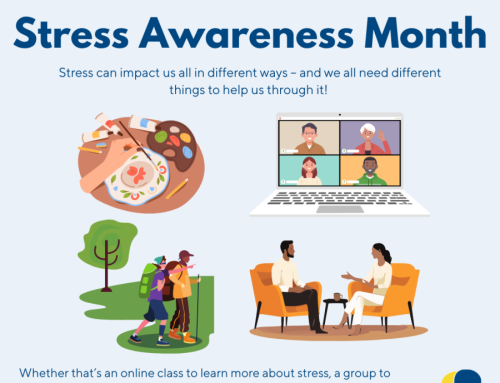10th September is World Suicide Prevention Day.
It is also the day Leeds will launch its latest Suicide Audit findings from 2014-2016, alongside information on the work the City is funding to support suicide prevention; including our own Mentally Healthy Leeds.
According to the Alliance of Suicide Prevention Charities (TASC), suicide is the greatest cause of death amongst young men (15-44) in the UK as well as many young women too. Every four minutes someone in the UK tries to kill themselves and every hour and a half someone succeeds.
Research from the Office of National Statistics that was published in 2016, shows women’s suicide has reached the highest rate since 2005, an increase of 14% since the previous year. Across the UK 113 more women took their own lives than in the previous year.
Still, men remain the most high risk group and are 3 times more likely to die by suicide than women. More specifically, men aged 45-59, are still the group with the highest suicide rate.
As someone who has had suicidal thoughts many times over the years – and several failed attempts in my youth – suicide is something to be talked about openly and on a regular basis.
Dark thoughts and feelings of hopelessness are common. As a survivor of childhood abuse, I often felt despair and a deep sense of loneliness and dislocation from those around me and I lacked the emotional maturity to understand the source of my anguish – hence my attempts to remove myself from those feelings.
As an adult working in mental health, I totally understand those feelings and now have strategies in place to protect me from going to those dark places – though I do still occasionally find myself there.
Following the death on my father in 2014 for instance, I contemplated suicide again for the first time since my early teens. This was a time when “not being here” became a daily thought and even obsession but – unlike in my early years – I was now a parent and responsible for people I loved more than myself. This was, and remains, my reason for living (a good life for the most part, I hasten to add).
So for anyone out there in the same dark place I was in then – and might be again tomorrow – here are national Mind’s suggestions for how to stay safe:
If you don’t feel you can keep yourself safe right now, seek immediate help.
- go to any hospital A&E department (sometimes known as the emergency department)
- call 999 and ask for an ambulance if you can’t get to A&E
- ask someone else to contact 999 for you or take you to A&E immediately
If you need some support right now, but don’t want to go to A&E, here are some other options for you to try:
- contact the Samaritans on freephone 116 123, they’re open 24 hours and are there to listen
- contact your GP for an emergency appointment or the out of hours team
- call NHS 111 (England) or NHS Direct 0845 46 47 (Wales)
- contact your local crisis team
In Leeds, there are 3 Crisis services delivered by the voluntary sector and a telephone helpline, Connect.
- Leeds Survivor-Led Crisis Service 0113 260 9328
- Dial House@Touchstone (for BAME people only Tuesdays and Thursdays) 0113 249 4675
- Wellbean Hope in a Crisis Café (7 days 6pm-midnight) 07760 173 476
- Connect (open 6pm-2am every night) 0808 800 1212








